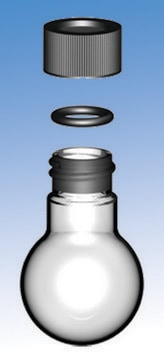Recommended Products
product name
F9, 85061803
biological source
mouse embryo
growth mode
Adherent
karyotype
Not specified
morphology
Not specified
products
Not specified
receptors
Not specified
technique(s)
cell culture | mammalian: suitable
relevant disease(s)
cancer
shipped in
dry ice
storage temp.
−196°C
Cell Line Origin
Mouse 129 embryo teratocarcinoma
Cell Line Description
Derived from testicular carcinoma. F9 undergo very limited differentiation under normal conditions but can be induced to differentiate into parietal endoderm in the presence of retinoic acid and dibutyryl cAMP.
Application
Differentiation studies
Culture Medium
DMEM + 2mM Glutamine + 10-15% Foetal Bovine Serum (FBS). Pre-soak flasks in 0.1% gelatin for over 2 hours and wash with PBS.
Subculture Routine
Split sub-confluent cultures (70-80%) 1:3 to 1:6 i.e. seeding at 2-4x10,000 cells/cm2 using 0.25% trypsin or trypsin/EDTA; 5% CO2, 37°C. Upon resuscitation, cells shed large quantities of debris, leave for 2 days before subculture. Please note: Culture v
Other Notes
Additional freight & handling charges may be applicable for Asia-Pacific shipments. Please check with your local Customer Service representative for more information.
Certificates of Analysis (COA)
Search for Certificates of Analysis (COA) by entering the products Lot/Batch Number. Lot and Batch Numbers can be found on a product’s label following the words ‘Lot’ or ‘Batch’.
Already Own This Product?
Find documentation for the products that you have recently purchased in the Document Library.
Our team of scientists has experience in all areas of research including Life Science, Material Science, Chemical Synthesis, Chromatography, Analytical and many others.
Contact Technical Service








